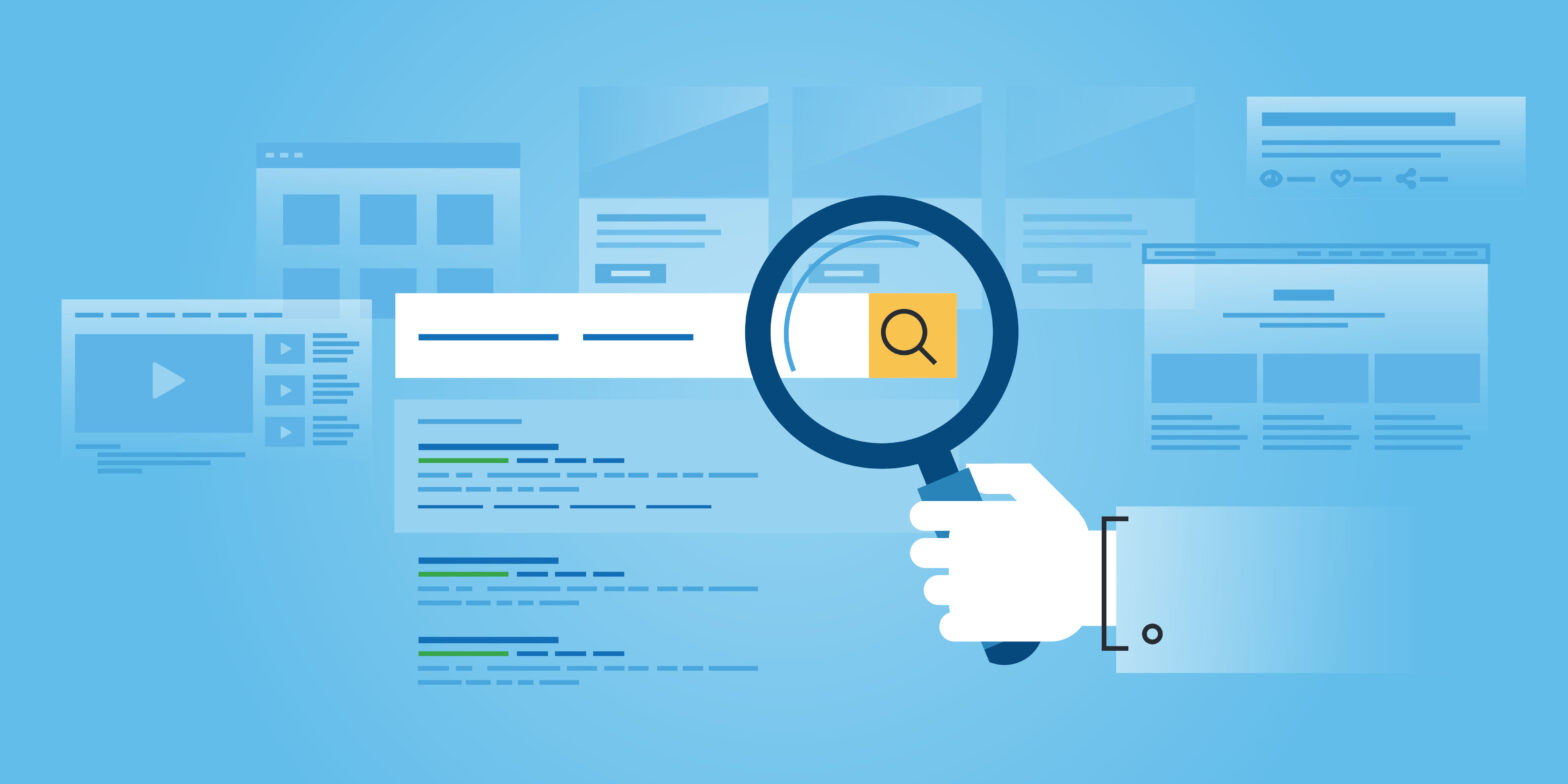Microsoft’s original strategy for competing with Google involved partnering with the likes of privacy-focused DuckDuckGo, and climate change-focused Ecosia. By giving them paid API access to both their Bing search results and search advertising network, Microsoft indirectly ate into Google’s market share. Until 2023, Microsoft has apparently been happy to help these companies grow faster than Bing, even though their search offerings sometimes competed with Bing.
Now, that strategy seems to have been abandoned in favour of their OpenAI partnership. This change of tactics is evidenced through the large investment that Microsoft made in OpenAI, but also by the dramatic Bing API price increases. As Twitter and Reddit API price hikes and changes are impacting smaller companies and communities, are we going to see something similar in search?
Google revamps search engine to include AI — Website search results to be pushed further down-screen, with AI-generated question-and-answer-style chats at top of page.
Examining the price hikes
Let’s start with the known facts about the May 2023 price hikes imposed by Microsoft. The price structure has higher tiers and different options but, as an example, Bing Web Search was raised from a minimum level of $3 to $15 per thousand API queries. Imagine how that impacts any search engine proxies that are using the Bing API; a 500 per cent cost increase, on what for most will be a main cost of service, is dramatic. It’s no surprise that interest in alternative search APIs has risen dramatically.
It is important to mention that some search engines using Bing, formally those known as “search supply partners” of Microsoft, are not being charged these amounts. These “partners” also agree to show Microsoft search ads with the Bing search results, and as a result they were getting a lower price than the $3 mentioned above. The reason for this is that search ad revenue is earned by Microsoft and shared with these partners. These rates are not public, being part of private contracts with Microsoft, but indications are that these “search supply partners” are being put under pressure. What will happen to the likes of DuckDuckGo, Ecosia and others — popular alternatives to Google search — if Microsoft raises these prices by a factor of five, too? Even if the rise is only a doubling, this will have a major impact on these search supply partners.
Extraordinary price increases have also been announced for those using Bing’s APIs alongside Large Language Models, and Microsoft are evidently putting pressure on companies looking to work in this space. Whilst not much is known in public, according to Bloomberg in March, Microsoft also told two unnamed search engines that it didn’t want their chatbots to leverage its index, threatening to remove their API access.
Microsoft’s new price tier for customers “presenting Bing API results with their own large language models” starts at $28 per thousand requests. Quite evidently, Microsoft is not really interested in supporting customers that offer search alongside chat. They either want to put off, or maximise profit, from services competing with Bing Chat. This becomes clearer when you see that this price of $28 rises to $200 for customers sending over 1 million requests per day.
ChatGPT won’t kill Google — it makes search more important — Here’s how the business and societal roles of Google and the wider search engine space is set to evolve alongside generative AI tools like ChatGPT.
The true impact on search
The general consensus created by the hype around generative AI, was that artificial intelligence, and chatbots in particular, would disrupt the search market. This is happening, but not in the way you might have assumed. For one thing, the market share of Google search has gone up since ChatGPT was launched, and that of Bing has gone down.
Microsoft may be abandoning the search rivalry with Google, but will doubling down on AI and chatbots work? As understanding grows that chatbots hallucinate, notably producing predictive text rather than links to sources of facts, the importance of traditional search engines is becoming increasingly recognised. Chatbots and generative AI are powerful tools that provide useful utility and will result in new, rapidly-expanding markets. But it’s applications other than web search — like enterprise AI assistants — that will fuel this growth.
Meanwhile, current and former Bing API users are testing, moving or planning to find other sources of search results. With very few options available, and Google’s search API being very limited, independent search indexes like ours have seen a surge in interest, resulting in the acquisition of new customers.
Colin Hayhurst is CEO of index search engine Mojeek.
Related:
The challenge of using ChatGPT for search engines — Large language models (LLMs) such as ChatGPT may be emerging as complements for search engines, but there are still pitfalls to consider.









